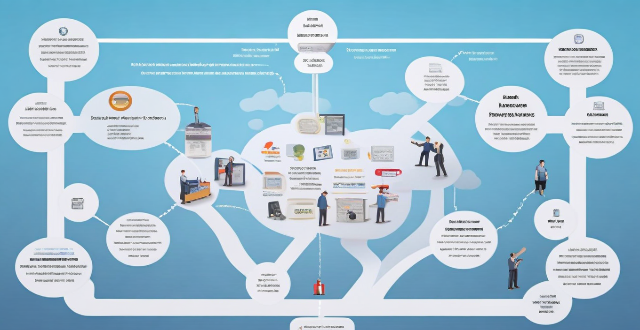Ensuring fair and equitable climate policies requires addressing differential impacts of climate change, promoting just transitions, ensuring transparency & accountability, fostering global cooperation, and integrating climate justice into policy design.

How Can We Ensure That Climate Policies Are Fair and Equitable for All?
Climate change is a global issue that affects everyone, but not everyone is affected equally. Therefore, it is essential to ensure that climate policies are fair and equitable for all. Here are some ways to achieve this:
1. Recognize and Address the Differential Impacts of Climate Change
- Recognize Vulnerabilities: Understand that some communities are more vulnerable to the impacts of climate change than others due to factors such as poverty, lack of resources, or geographical location.
- Address Inequalities: Work towards reducing inequalities by providing support and resources to those most affected by climate change.
- Involve Affected Communities: Ensure that affected communities are involved in the decision-making process regarding climate policies.
2. Promote Just Transitions
- Fair Transition for Workers: Ensure that workers in industries affected by climate policies receive support and training for new jobs.
- Invest in Renewable Energy: Invest in renewable energy sources and provide opportunities for communities to benefit from these investments.
- Support Low-Carbon Economies: Support the development of low-carbon economies that can create new jobs and opportunities.
3. Ensure Transparency and Accountability
- Transparent Decision-Making: Make the decision-making process regarding climate policies transparent and accessible to the public.
- Hold Governments Accountable: Ensure that governments are held accountable for their actions related to climate change and its policies.
- Encourage Public Participation: Encourage public participation in the development and implementation of climate policies.
4. Foster Global Cooperation
- Collaborate Internationally: Collaborate with other countries to develop and implement effective climate policies.
- Support Developing Countries: Provide financial and technical support to developing countries to help them adapt to climate change and reduce their emissions.
- Share Best Practices: Share best practices and lessons learned from successful climate policies across different regions and countries.
5. Integrate Climate Justice into Policy Design
- Consider Social Equity: Consider social equity when designing climate policies to ensure that they do not disproportionately affect marginalized communities.
- Promote Environmental Justice: Promote environmental justice by ensuring that all individuals have equal access to clean air, water, and natural resources.
- Protect Human Rights: Protect human rights by considering the potential impacts of climate policies on health, safety, and well-being.
In conclusion, ensuring that climate policies are fair and equitable for all requires recognizing and addressing the differential impacts of climate change, promoting just transitions, ensuring transparency and accountability, fostering global cooperation, and integrating climate justice into policy design. By taking these steps, we can work towards creating a more equitable future for all.